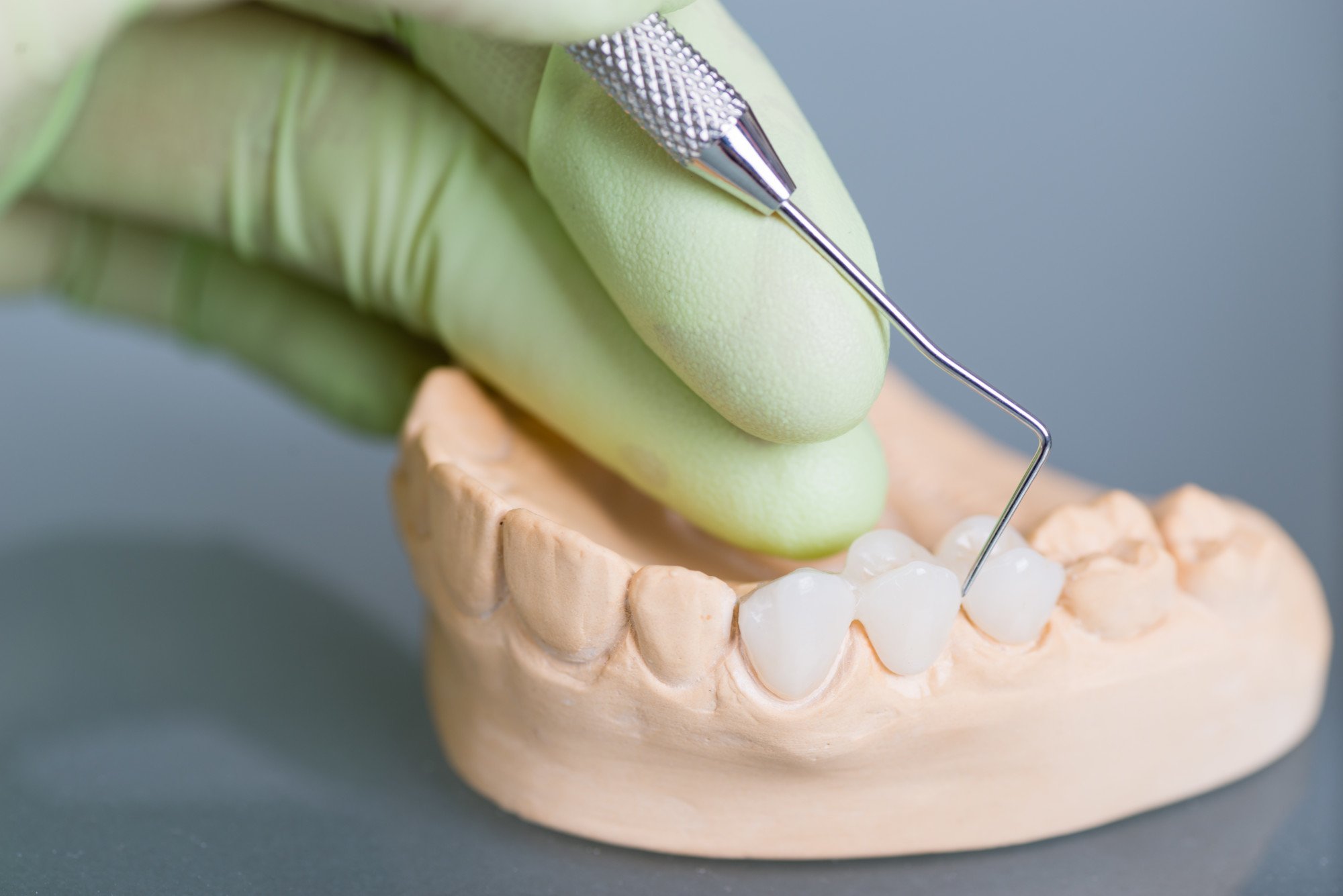
Over 50 million people are living in a world that is slowly slipping away from them. This isn’t the typical memory loss and forgetfulness that comes with age. These people are suffering from dementia: a degenerative disease that attacks neurons in the brain, causing them to lose connection with other cells and die.
As one of the most common degenerative diseases in the world, it’s only natural that people would want to find a cure. But is there a cure for dementia? Keep reading to find out more about the different forms of dementia and what is being done to help patients.
What is Dementia?
Dementia is an umbrella term for a group of diseases that attack memory capacities and general brain functions.
As people age, they naturally lose some neurons in their brains. People with dementia, however, lose neurons much faster than other individuals. This causes many effects, but the most famous symptom is memory loss.
The memory loss associated with dementia is more frequent than run-of-the-mill forgetfulness. Often, it causes other side effects like difficulty with emotions, apathy, and even hallucinations.
Rarer forms of dementia also impact memory but might begin in a different part of the brain. They can also be caused by a different disease that impacts brain function.
Different types of dementia may have different symptoms, but they still significantly impact a person’s life.
Is There a Cure for Dementia?
In short: not yet. Each type of dementia attacks the brain differently, making it difficult to find one cure-all fix for dementia as a whole. There are, however, various therapies for patients that work to slow the progression of memory loss.
There are immunotherapy drugs that are currently in clinical trials. These drugs work to reduce the build-up of amyloid, an abnormal protein that grows in organs and interferes with routine functions. Reducing the amount of amyloid in the brain can slow memory loss.
There is also new research to see how stem cells can be used to treat people living with dementia. This research is still in investigative stages.
While researchers work to find innovative treatments, support is vital for people who are living with dementia. Rare dementia support consists of therapies for both the people affected by dementia and the people around them.
Therapies for dementia patients include both physical and speech therapy. Physical and vocal functions decrease as dementia progresses. The Rare Dementia Support Centre offers support and research for dementia patients.
Support for People Living with Dementia
Is there a cure for dementia? No, not yet. But there are organizations that offer therapy and support for people living with dementia and their families.
These organizations not only support people already living with degenerative memory diseases. They also fund research to both slow and prevent the progression of all forms of dementia. Groups like The Rare Dementia Support Centre support dementia patients while researching innovative treatments.
Even though we may still be working towards a cure for dementia, support is necessary to improve the quality of life for people with dementia.





